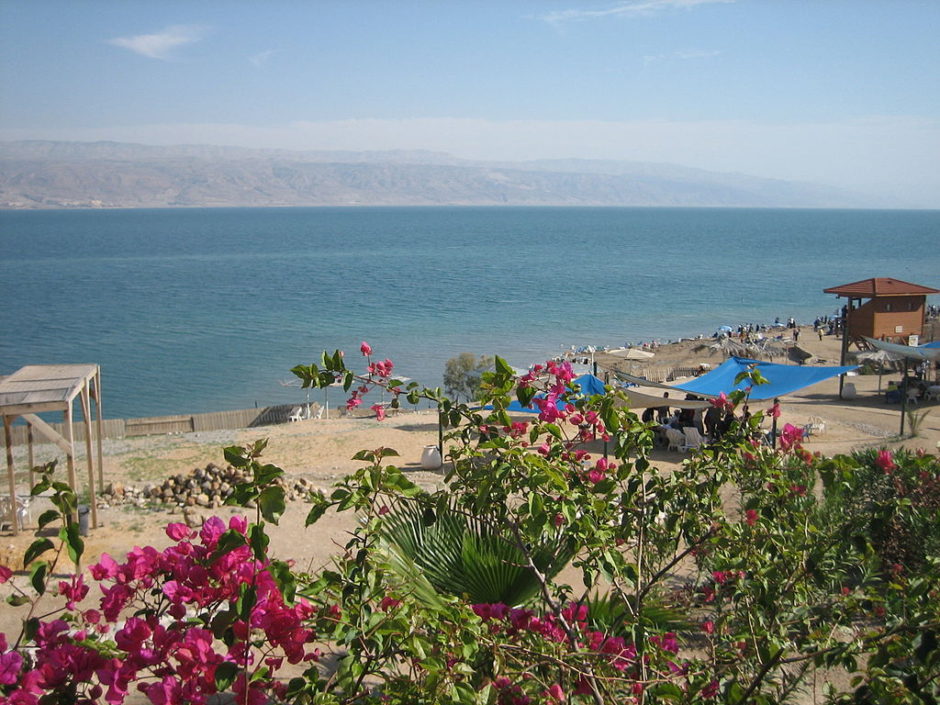The Dead Sea, a lifeless lake bereft of fish and aquatic plants, has attracted an endless stream of visitors since time immemorial.
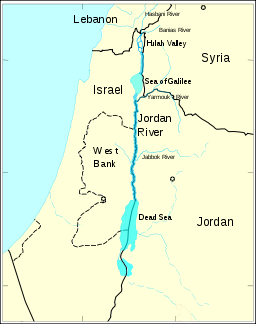
Shared by Israel, Jordan and the Palestinian Authority, this hypersaline body of water in the Jordan Rift Valley is 67 kilometres in length, 18 kilometres in width at its widest point and a maximum of 304 meters deep. Lying 400 meters below sea level, it’s the lowest place on earth.
A popular destination since the Greek and Roman eras, it caters to two types of tourists. Fun seekers seeking a vicarious thrill float effortlessly on its oily waters. People suffering from skin diseases and respiratory, arthritic and rheumatic conditions swear by its medicinal benefits, citing its high salt content — eight times saltier than the oceans — and the low content of allergens in the desert air. Some even claim that its mineral-rich black mud stimulates blood circulation.
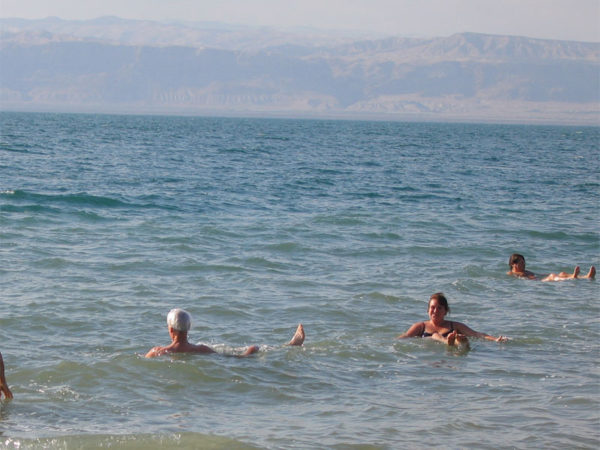
I visited the Israeli side of the Dead Sea, whose austere shoreline is dotted with more than a dozen hotels and kibbutzim with their own beaches. I stayed in Kalia, a kibbutz which manages the popular Neve Midbar beach, which is technically in the West Bank and about 40 kilometres from the center of Jerusalem.
Nestled on the northern tip of the Dead Sea, Kalia was built in 1929, during the British Mandate period and before the establishment of the state of Israel. Captured by Jordan’s Arab Legion during the first Arab-Israeli war in 1948, Kalia was converted into a Jordanian army base. Israel recaptured Kalia during the 1967 Six Day War and used it as a paramilitary camp before returning the land and barracks to the kibbutz in the early 1970s.
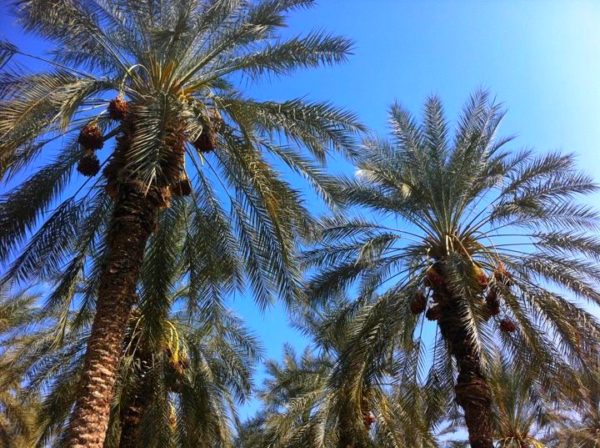
With a population of around 300, Kalia relies mainly on agriculture, cultivating dates, cherry tomatoes and watermelons in lush irrigated fields that add a welcome dash of green to an otherwise arid landscape.
The kibbutzniks also maintain a dairy herd and run Neve Midbar, a private beach that faces the majestic Moab mountain range in neighboring Jordan, which signed a peace treaty with Israel in 1994.
A fairly spartan resort frequented primarily by Israelis and Palestinians from Jerusalem, Neve Midbar offers a respite from a climate that, while perfect in winter and early spring, turns inhospitable during the torrid summer months. Picnic areas with lounge chairs, protective thatched umbrellas and palm trees entice visitors, and a restaurant serves surprisingly tasty meals.
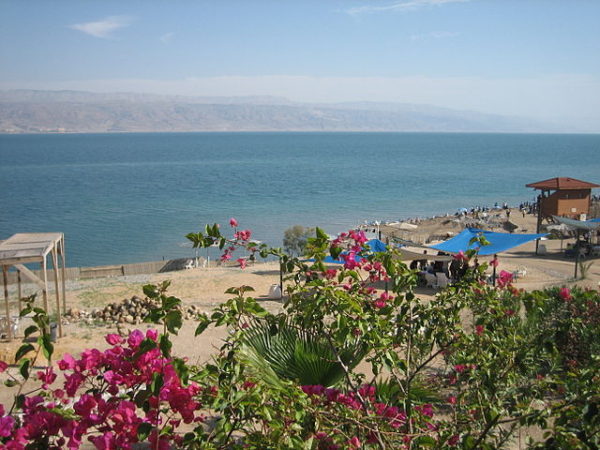
A large sign near the beach, rendered in Hebrew, English, Arabic and Russian, warns bathers of potential hazards: Do not dive into the water, Squat, then lie on your back to float. Do not immerse your head in the water. Do not splash water on yourself or others. Do not drink the water.
The sign should have posted another important warning: do not wade in with open cuts or wounds.
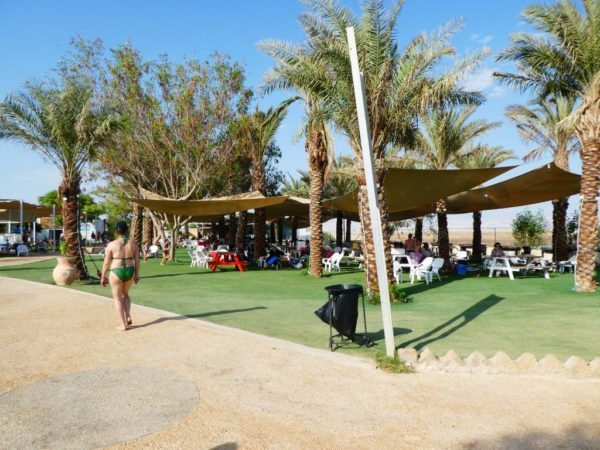
Having read the sign carefully, I slowly eased myself into the warm, still water, my feet sinking into the slimy ooze. Letting myself go, I floated on my chest. Then I turned over on my back. As I floated weightlessly, using my feet as propellers, I recalled seeing a photograph of a man in the buoyant Dead Sea reading a newspaper as he rested comfortably on his back.
I also remembered the articles I had read about the shrinking Dead Sea. For at least the past four decades, the water level in all but the northern end has dropped precipitously, causing an ecological crisis that Israel, Jordan and Syria created in the first place. All three of these countries in this parched region have relentlessly diverted the waters of the Jordan River — a tributary which replenishes the Dead Sea — and the results are visually disheartening.
With a broiling sun beating down on me, my thoughts turned to more practical matters. Feeling slimy, I returned to shore, washing off the smelly sheen that coated my body. Having showered, I spied a group of bathers who were slathered in mud and mugging for a photograph. They, too, seemed content, having enjoyed the unique experience of bathing in the brine of the Dead Sea.
